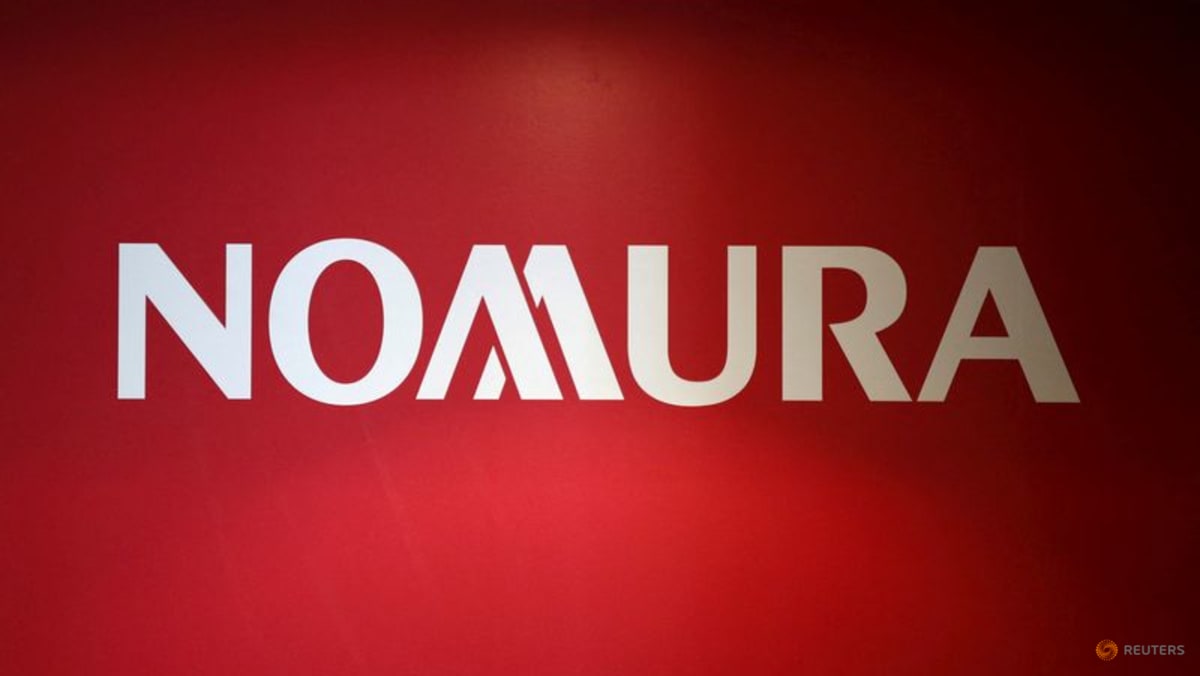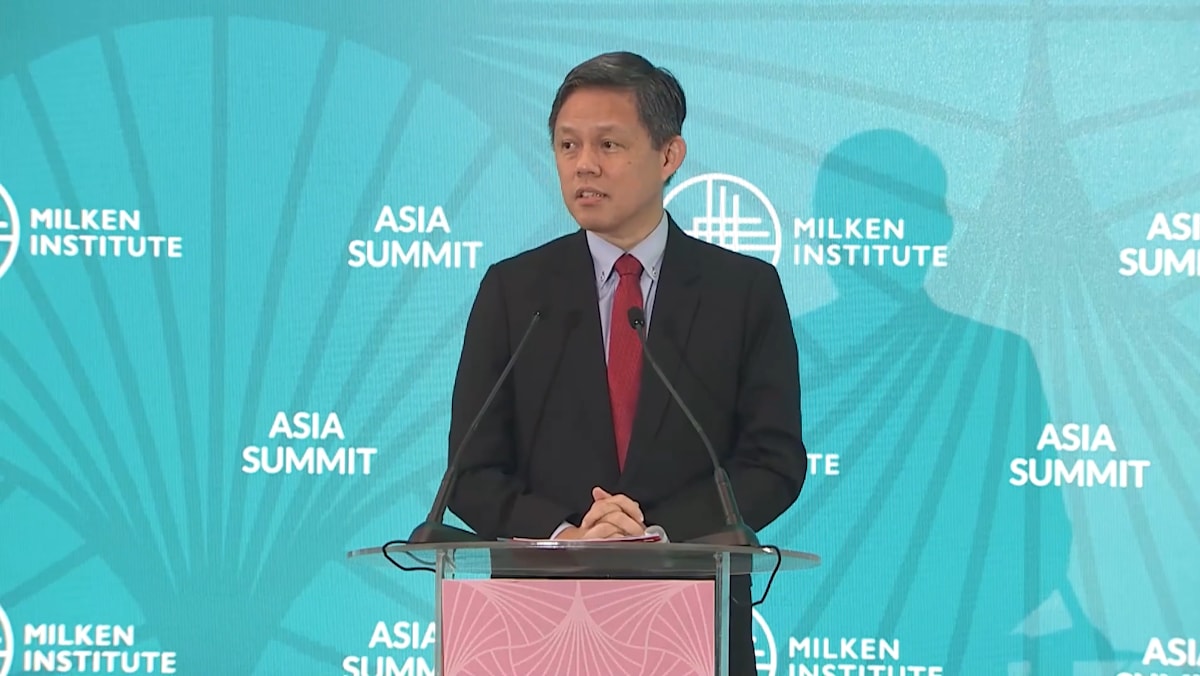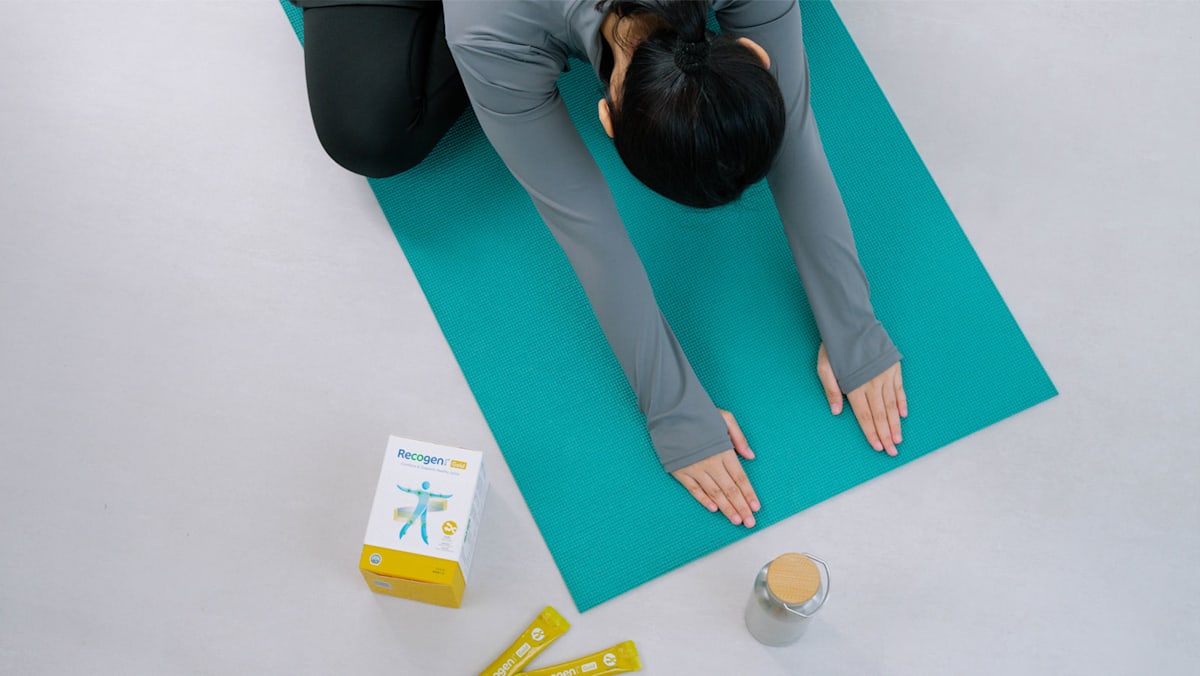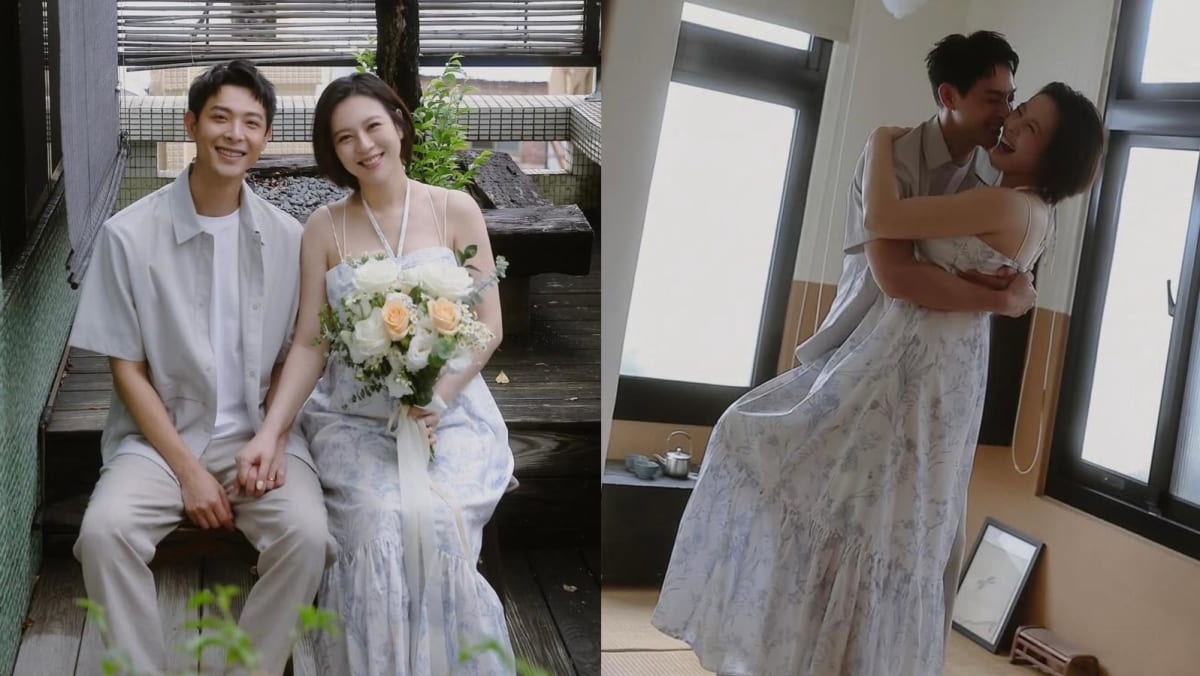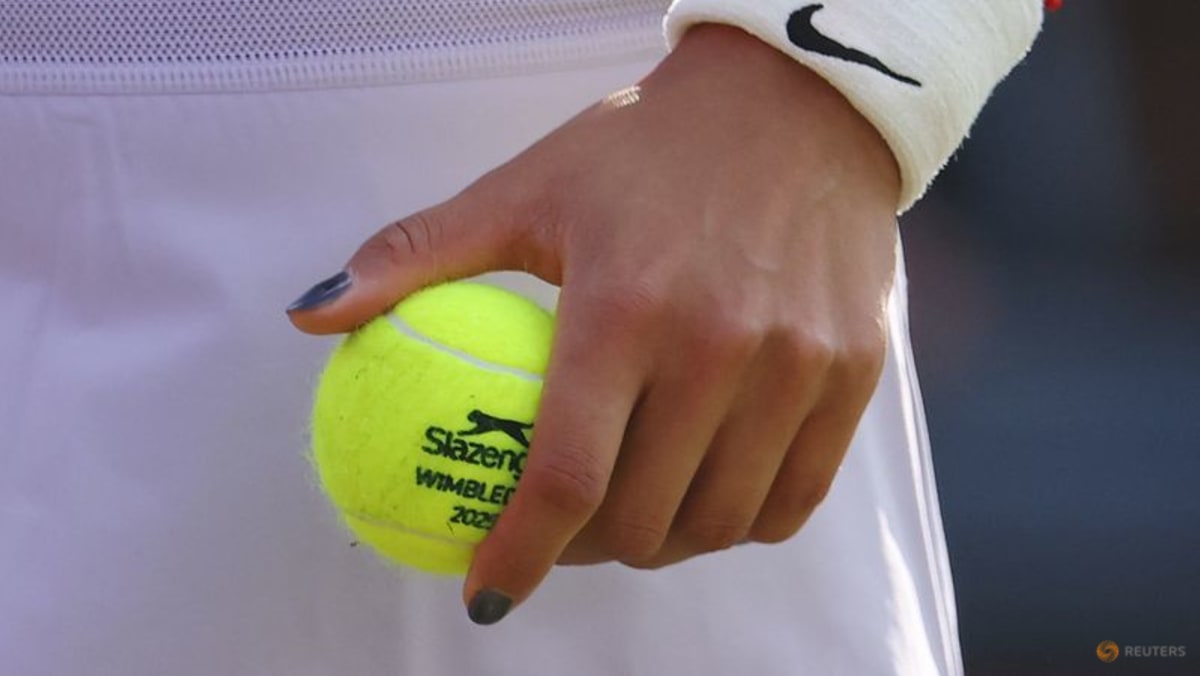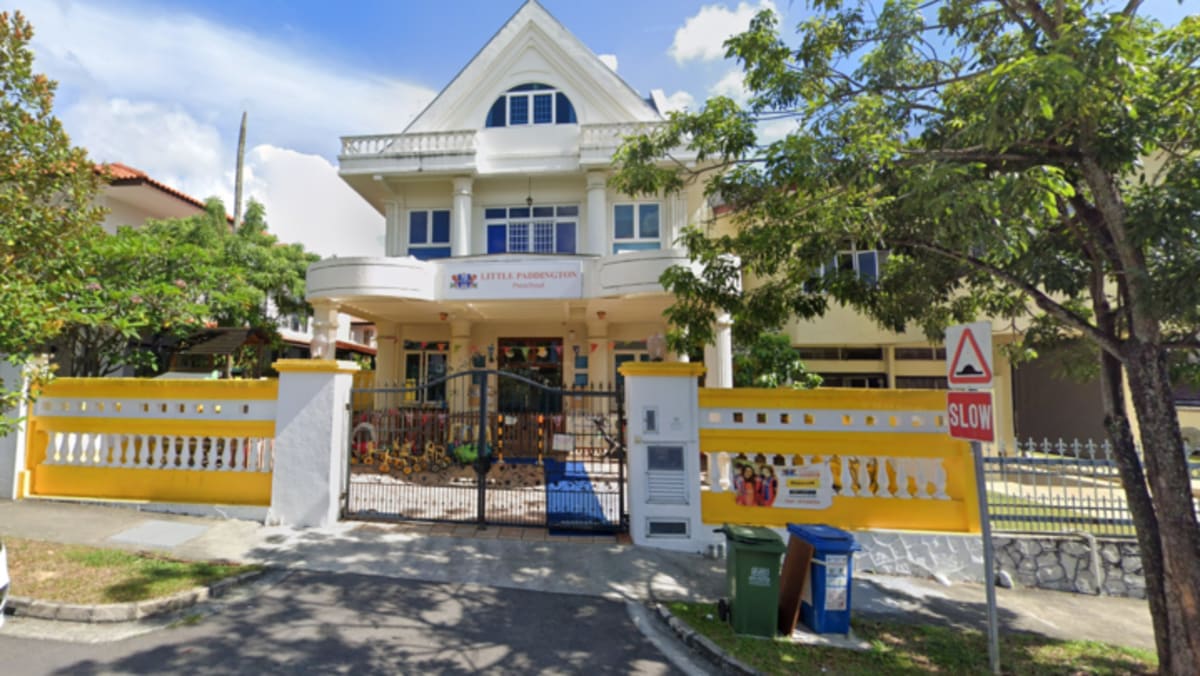Qara Yoon’s quaint neighbourhood cafe at Upper Aljunied Lane winds down Saturday afternoon in familiar fashion – with her puttering around behind the counter to the sputter and hiss of the coffee machine dribbling out last orders, as clutches of lingering customers draw out their conversations.
With her brisk cadence and deft movements, the spry 47-year-old appears, at first blush, your run-of-the-mill F&B proprietor.
But once the till is closed and shutters cranked down, she heads upstairs to an apartment that she shares with her co-founder, Talia Lee, and employees: Two formerly incarcerated women, decades apart in age, both rebuilding their lives under her roof.
As you’d imagine, the idea of co-living with employees initially raised eyebrows among Yoon’s friends and family members.
“They said, ‘Huh? Really?’ Some may view it as an invasion of privacy, but we see it as an opportunity to build relationships,” said Yoon, who acknowledges the blurred lines between work and personal time she treads.
“Employees may come sit on the sofa at my office space in the evening to share something. Having that relationship helps us understand why they would turn to drugs.”
BONDED OVER KARAOKE AND TEOCHEW KUEH
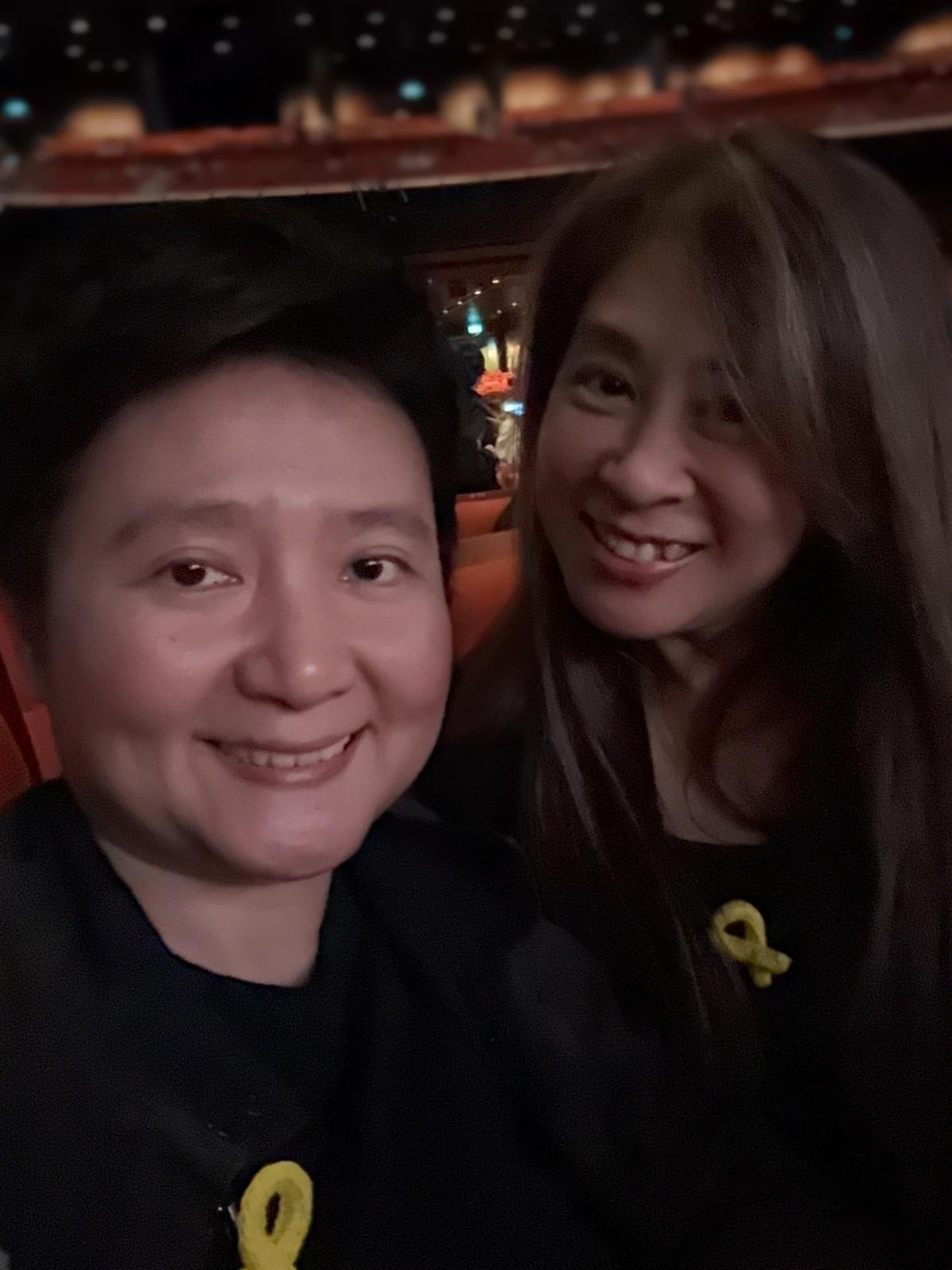 (From left) Qara Yoon and Talia Lee started out as drinking buddies, then went on to build their social enterprise together. (Photo: Qara Yoon)
(From left) Qara Yoon and Talia Lee started out as drinking buddies, then went on to build their social enterprise together. (Photo: Qara Yoon)
It’s an unconventional arrangement, but you could say that Yoon and Lee are unlikely business partners to begin with.
Yoon, who formerly worked at the Ministry of Education (MOE), became fast friends with Lee while frequenting her KTV pub. While the former had always walked the line as prescribed by her stable, upper-middle class upbringing, Lee’s backstory is far more tempestuous.
As a rebellious adolescent, she went off the rails and experimented with drugs, then flew the coop at the age of 19. Introduced to sleeping pills by her first husband, she spiralled into alcoholism and drug use, before resolving to get clean following an overdose in her thirties. She is now 54.
Determined to pay it forward, she went on to run a beauty school for delinquent girls, then served as executive director of a Christian halfway house The Turning Point. Along the way, she became homeless after a failed second marriage, and moved in with Yoon and her mother.
The pair had long bonded over making Teochew kueh, with Yoon running a side hustle selling the glistening traditional delicacies.
It was Lee who floated the idea of launching a kueh-making studio, after witnessing their success conducting a one-off workshop for Teochew philanthropic organisation Ngee Ann Kongsi in 2019.
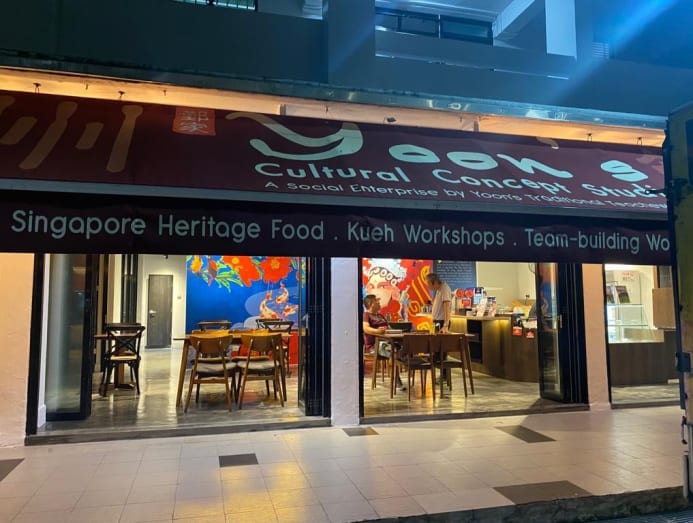 The cafe-workshop is located in a quiet neighbourhood at Blk 4, Upper Aljunied Lane. (Photo: Qara Yoon)
The cafe-workshop is located in a quiet neighbourhood at Blk 4, Upper Aljunied Lane. (Photo: Qara Yoon)
Their weekend venture took off, with the women running fully subscribed workshops. In 2020, it gave rise to Yoon’s Social Kitchen, a social enterprise/cafe that’s staffed by female ex-drug offenders.
Alongside Teochew kueh, they serve local fare such as mee siam and Hokkien mee. The pair run kueh-making workshops on the premises, at Blk 4 Upper Aljunied Lane, #01-18, Joo Seng Green.
MORE THAN JUST A JOB
To build their team, the women visited halfway houses and recruited residents – many of whom are over 55 and uneducated – with the aim of supporting their recovery in the shadow of incarceration.
These women would typically be written off as inveterate criminals, having shambled through multiple prison stints over the course of several decades.
“(My family) had to sell our landed home when my dad passed on in his fifties, which really emphasised how women need to have their own skillsets to be independent,” said Yoon, who worked as an operations manager under the Fei Siong Group before joining MOE. “So, Talia’s idea of equipping mature women with kueh-making skills resonated with me.”
According to Yoon, their employees are paid market-rate wages for shifts that run from 7am to 2pm, with the sole stipulation that they reside at the apartment above the cafe. Boarding is free, and the space can accommodate up to six beneficiaries.
Yoon and Lee have helped close to 20 beneficiaries so far, some of whom have reconciled with their families.
While some may question the ethics of a live-in model, Lee contends that having a structured and supportive environment distanced from well-worn triggers is vital to their recovery.
Lee said that such women are often estranged from family and live alone in rental flats typically in neighbourhoods plied by drug dealers.
They gravitate toward solitary occupations such as cleaning, which lend them idle time that’s ripe for a relapse. The social isolation deepens their vulnerability, as Yoon’s employee Ah Kuen (nickname used) can attest to.
“After leaving DRC (Drug Rehabilitation Centre), we still bump into old friends during urine tests – so it’s hard to leave that circle,” said the 68-year-old grandmother, who has been with then since last year and works seated due to her bad back.
It’s one of several adjustments Yoon and Lee have made for their older employees – alongside installing an automatic coffee machine to ease the burden of brewing traditional kopi, and replacing bunk beds that the elderly women struggled to climb up.
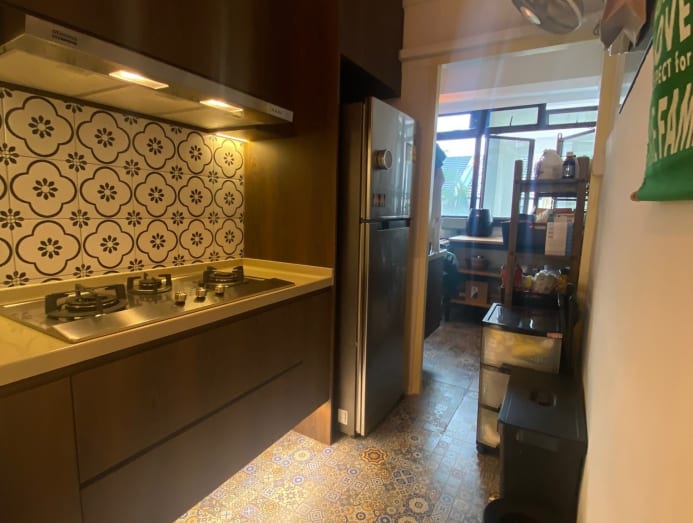 Inside the women’s shared kitchen in their upstairs apartment. (Photo: Qara Yoon)
Inside the women’s shared kitchen in their upstairs apartment. (Photo: Qara Yoon)
Still, for all her physical limitations, Ah Kuen finds quiet contentment in her work. “I tell myself, I cannot do big things but I can do small things with big love,” she told CNA Women.
The taciturn woman is roommates with a streetwise 23-year-old who has cycled through Singapore’s correctional system since the age of 15. She calls her vivacious counterpart her “happy pill” and their playful banter evinces an endearing relationship.
Today, the younger of the two burbles over in laughter as her roommate bashfully professes her love for Korean boy band BoyNextDoor.
“The older staff adore her because she’s very respectful and brings them joy,” Yoon said. Observing their interactions, it’s easy to see the bonhomie she and Lee share with their employees, with whom they attend church and enjoy casual makan outings.
BATTLING SHADOWS, SERVING STRENGTH
But the kitchen can also be a tinderbox. They’ve seen staff members quit in a fit of pique after being on the receiving end of criticism. “Some of them cannot control their anger. The reason they turned to drugs is that they lack coping skills,” said Yoon, who admitted she had to soften her approach.
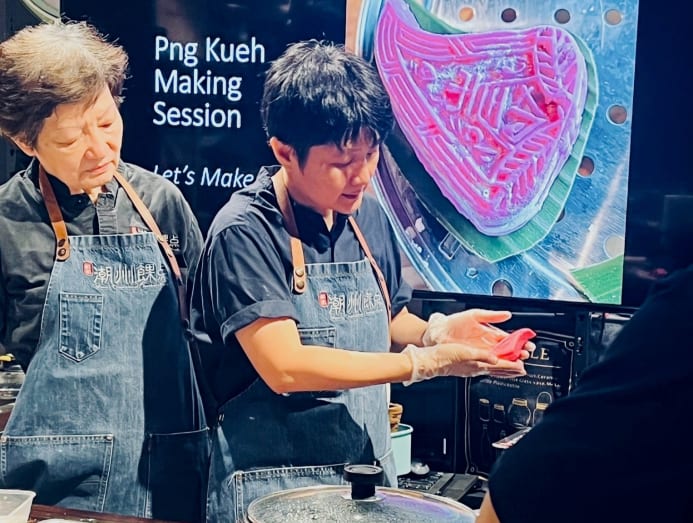 Yoon and Lee run Teochew kueh-making workshops for groups and individuals. (Photo: Qara Yoon)
Yoon and Lee run Teochew kueh-making workshops for groups and individuals. (Photo: Qara Yoon)
By contrast, Lee, with her soothing tones and intuitive demeanour – giveaways of her background in social work – serves as a foil to her forthright friend. Yoon shares that the women turn to her co-founder, whom they refer to as Sister Talia, when they need a sounding board.
To prevent flare-ups, the team implemented a ‘cooling-off’ period for employees to pause and regroup. “We’ve become like a family. You quarrel with your sister, but you don’t disown her, right?” mused Yoon.
Yet, her work is fraught with an emotional undertow. It’s always difficult when employees relapse – detected through their routine drug tests.
In such cases, the women are referred to the National Addictions Management Service’s two-week detoxification programme, with the assurance that they can return once clean – a promise that has been honoured multiple times.
Unsurprisingly, this can be a drag on the co-founders, who bear the brunt of added duties in employees’ absence. “Many a time, we’ve wanted to close the business because we were so physically and mentally drained but thinking of our purpose of transforming lives kept us going,” admitted Yoon, who said they find recourse in their shared faith.
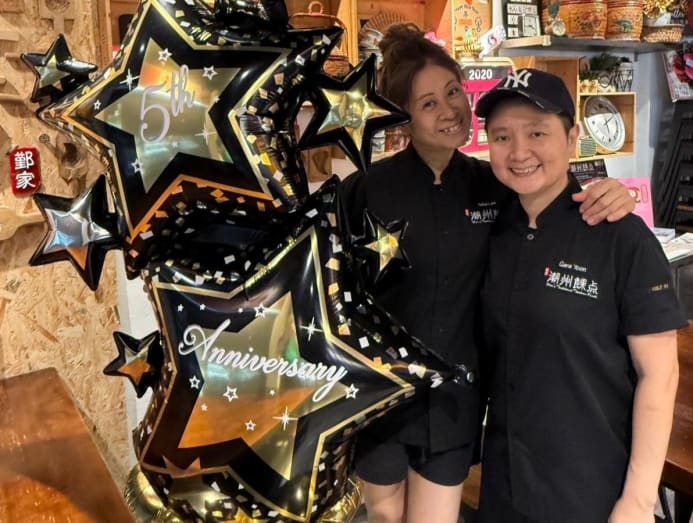 Both co-founders derive profound satisfaction from helping marginalised women through their social enterprise. (Photo: Qara Yoon)
Both co-founders derive profound satisfaction from helping marginalised women through their social enterprise. (Photo: Qara Yoon)
They still carry the sting of having to let go of a long-time employee who repeatedly relapsed and brought drugs into their shared space. “She endangered the others. I had to expel her,” Lee said.
She wouldn’t be the first to fall off the wagon. A 2024 report from the Central Narcotics Bureau revealed an uptick in arrests of female drug abusers in 2023. Experts have cited factors such as shame and internalised gender norms as key hurdles that continue to stymie their progress.
Yoon hopes to tip the scales in their favour, by boosting their resilience through gainful employment with a view to self-sufficiency.
Remarkably, they’ve helped an employee set up her own canteen stall selling economic rice. Ah Tee (nickname used), who gritted through a long prison term and homelessness, now shares a rental flat with another former inmate and works weekends at Yoon’s.
The business has turned a corner, with Yoon revealing that they’ve finally crossed into the black, after five years. Having recently secured an adjacent shop unit with a connected apartment, they’re now looking to expand, welcoming more ex-offenders into the fold.
“We can’t control their recovery journey, but we can create the environment for them to change,” said Yoon.
Yoon’s Social Kitchen is at Blk 4 Upper Aljunied Lane, #01-18, Joo Seng Green.
CNA Women is a section on CNA Lifestyle that seeks to inform, empower and inspire the modern woman. If you have women-related news, issues and ideas to share with us, email CNAWomen [at] mediacorp.com.sg.



